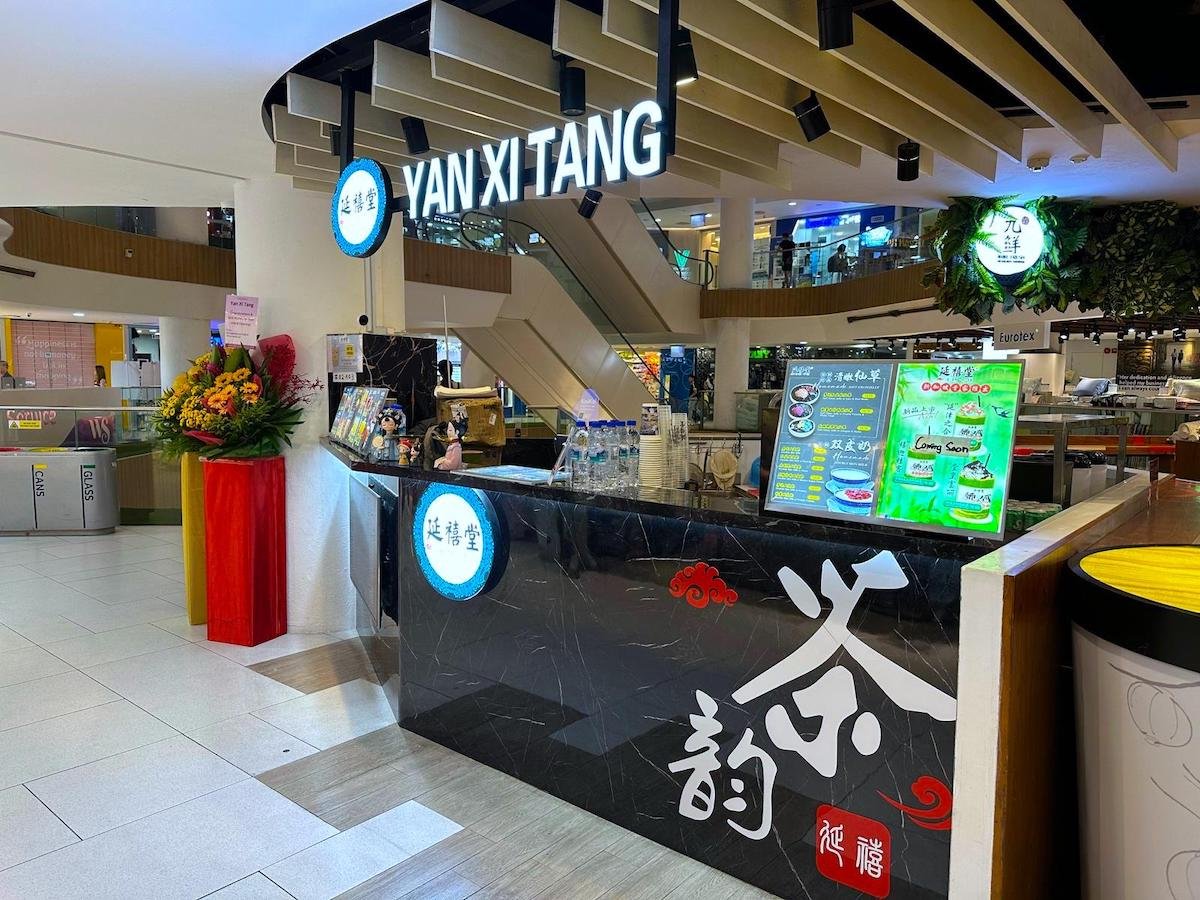How to Strengthen Employee-Employer Relationships
In a perfect world, great working relationships between everyone in an organisation would exist in every single business across the globe. Every employer would be highly satisfied with their workforce and the work that they do, and every employee would be satisfied with the safety and security that their employer offers them.
But we live in an imperfect world, don’t we?
Related: There’s More to Retaining Your Best Employees than Pay
Still, it is a truth universally acknowledged that an employer in possession of a good business must be in want of an employee. Or multiple employees. Good ones, at that. Then comes in the next question – how does an employer go about acquiring and retaining good employees?
The foundation of any successful organisation lies in building strong relationships between employers and employees. When employees feel valued, supported, and connected with their employees, they have higher productivity, lower turnover rates, boosted job satisfaction rates, and increased morale amongst employees.
*We know*– those are an awful lot of emotions to be putting in at a workplace, where people should be level-headed and clinical. But the truth of the matter is that those emotions and feelings shape how employees produce work, and in turn, how employers can bring their business to the next level.
Another plus point to fostering great relationships organisation-wide? Advice and feedback are taken into careful consideration, rather than reacted to negatively. This goes both ways – from employer to employee, and vice-versa.
That’s why it’s so incredibly important to understand how relationships work, and to actively strengthen them. Of course – no relationship is a one-way street, and often requires both parties to make things work.
Oftentimes, however, it’s easier for the person in the place of higher authority to take that leap of good faith. With that being said, here are three strategies employers can consider to strengthen their relationships with employees.
A Culture of Trust and Respect
Trust and respect are vital elements of a strong employee-employer relationship. If both are lost or eroded, it’ll be incredibly difficult to build back. For example – rewarding good work with more hard work often doesn’t work and backfires instead. This situation often happens when the performance of weaker team members in a company are lacking, and those that are performing above average have to pick up their slack.
Employers should strive to create an environment that is transparent, reliable, and fair in decision-making. Employee recognition goes a long way, and when employers recognise and appreciate contributions, or offers support to the poorer-performing members, they create a positive work culture that values diverse perspectives and treats all employees with respect.
A Culture that Prioritises Efficiency
Ever had a full day of back-to-back meetings that seemingly had no purpose, and worse still – had no conclusion drawn? In his book, organisational psychologist Steven Rogelberg states that there are 55 million meetings per day, and majority are not necessarily achieving their intended objectives. Be wary – these meetings take away from important focus-work time and can also be morally damaging if the entire team is not on-board with the meeting programme.
Be intentional about your meetings – Rogelberg mentions. Meetings with purpose (going beyond merely having an agenda) creates better conversations and company culture. The best part? They cut down on working time that employees must compensate for because of endless meetings. In turn, this boosts morale and helps employees balance their work-life better.
A Culture that Invests in their Greatest Asset
Let’s face it. If a company is to function like a well-oiled machine, the most important part of the company would be its employees. Recognising employee achievements and providing rewards not only boosts morale, but also strengthens the employee-employer relationship. Implementing an employee recognition programme demonstrates an appreciation for hard work and dedication, while celebrating milestones and acknowledging outstanding contributions creates a positive work atmosphere.
In Singapore, benefits are typically paid time-off, retirement planning, healthcare insurance, professional development training, which are all usually clearly delineated when an employee joins a company.
But what if your employees could spend their employee benefits anywhere that they liked?
Rather than have benefits that potentially go unused because of situational mismatch, what if employers could offer benefits that employees wanted at no cost?
Well, imagine no more.
Purple Rewards is a mobile application available on both iOS and Android that allows employees to redeem exclusive discounts (up to 50% of their total bill) at different merchants as part of their employee benefits.
Related: Purple Rewards: Enjoy the Biggest Retail Merchant Deals
The best part? It’s completely free for employers. By simply allowing Affinite to manage their corporate insurance portfolios, Purple matches dollar-for-dollar the value of the portfolio and disseminates this amount to employees as Purple Rewards.
A Win-Win Situation for Employees and Employers
Improving employee-employer relationships is a continuous process that requires commitment, open communication, and mutual respect. But, as with our journey in life, it all begins with a single step, right?















